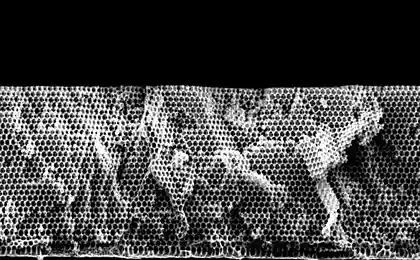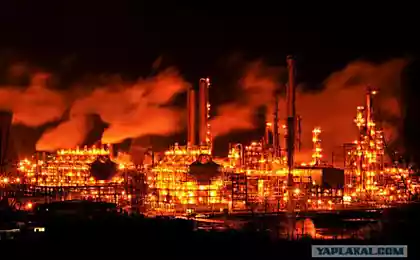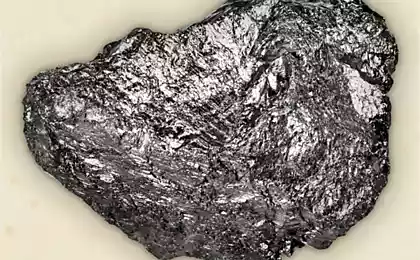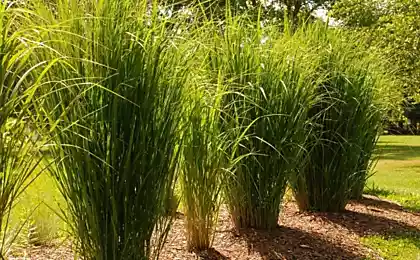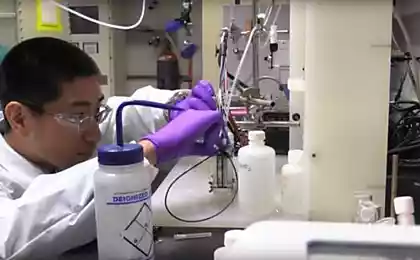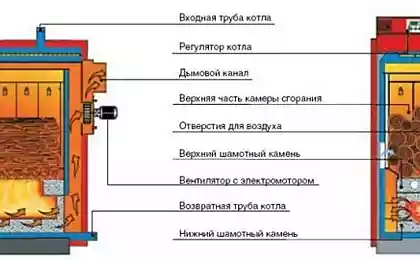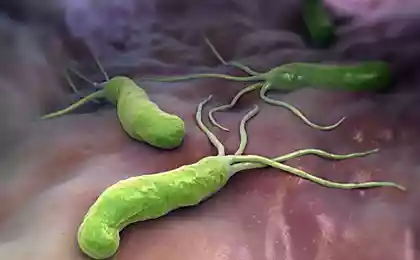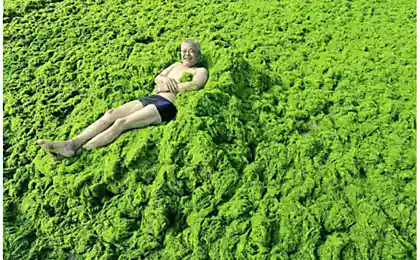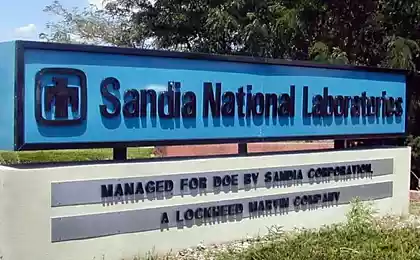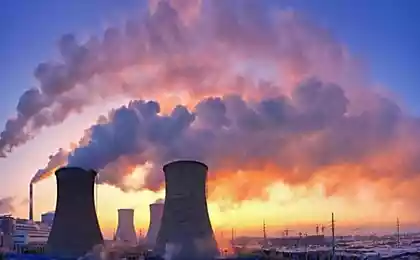231
Created a bacterium that absorbs CO2 and produces energy
Over the past few years, we have increasingly seen bad news about increasing carbon dioxide levels. However, one scientist was looking for a way to change the situation, and it seems that he finally found it.
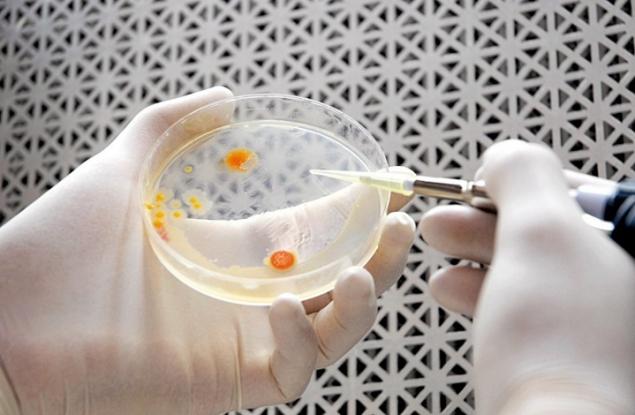
Daniel G. Nocera, an energy professor at Harvard University, says he created a bacterium that absorbs CO2 and excess hydrogen and then converts them into alcohol fuel.
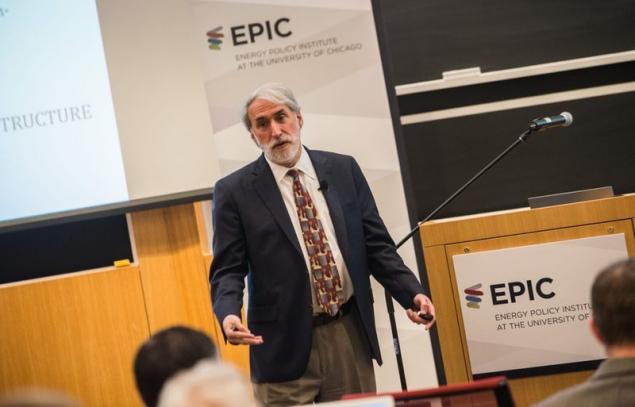
Nosera, known for inventing the artificial leaf five years ago, is working at his research lab at Harvard to create bacteria that could perform the same functions as plants, converting carbon dioxide into fuel at a rate of about five percent.
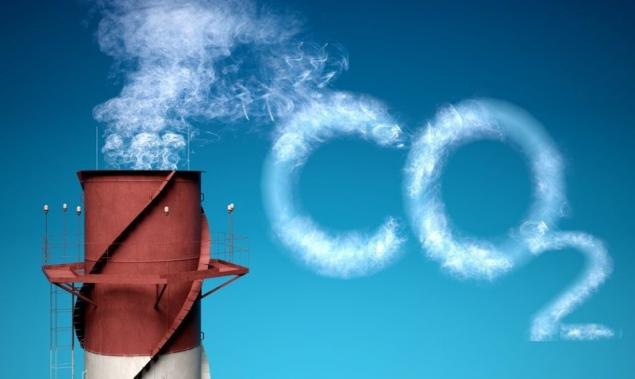
Skeptics said the professor would undoubtedly have difficulty obtaining just that amount, and many were stunned when the chemist announced that his developed superbug converts sunlight 10 times more efficiently than plants.
The bacterium, called Ralston eutropha, consumes hydrogen and CO2 and converts them to adenosine triphosphate (ATP). Nosera and his team built on previous research by Anthony Sinskay, a professor of microbiology at MIT, and used genes that cause bacteria to convert ATP into alcohol fuel and release it.
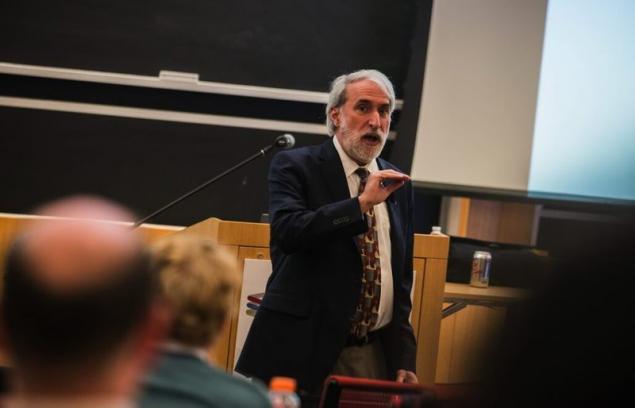
The professor expects his bacteria to be of great benefit because they produce energy much more efficiently than plants. Plants convert sunlight into biomass with about 1 percent efficiency after using most of their energy to survive. The bacteria he developed produce biomass with an efficiency of 10.6% and alcohol with an efficiency of 6.4%. Alcohol can be used as fuel directly. Biomass can be converted into fuel.
The practical application of superbugs is unlimited, in part because the resulting alcohol fuel does not require additional processing before use. “Now we produce isopropyl alcohol, isobutanol, isopentanol,” he said. “These are all alcohols that you can burn directly. And they're produced using hydrogen from split water while using CO2. This is what our bacteria do.”
During his presentation in Chicago on May 18, the professor joked that the news of his research was "with heat." After all, all the results have not even been published yet, but they will appear soon in the upcoming issue of the journal Science.
From there, he expects many people to learn about the potential uses of the bacterium. However, he warns that his superbug is not a solution to the problem of excess CO2 in our atmosphere. Rather, it could help leave fossil fuels in the ground. “It doesn’t solve the CO2 problem,” the professor said. “I take CO2 from the air, you burn the fuel and bring the CO2 back. So the process is carbon neutral.”
Source: facepla.net/the-news/5478-%D0%B0%B0%D0%B0%D0%D1%82%D0%B5%D1%80%D0%B8%D1%8F-%D1%82%D0%BE%D0%BF%D0%BB%D0%B0%B2%D0%B2%D0%BE.html

Daniel G. Nocera, an energy professor at Harvard University, says he created a bacterium that absorbs CO2 and excess hydrogen and then converts them into alcohol fuel.

Nosera, known for inventing the artificial leaf five years ago, is working at his research lab at Harvard to create bacteria that could perform the same functions as plants, converting carbon dioxide into fuel at a rate of about five percent.

Skeptics said the professor would undoubtedly have difficulty obtaining just that amount, and many were stunned when the chemist announced that his developed superbug converts sunlight 10 times more efficiently than plants.
The bacterium, called Ralston eutropha, consumes hydrogen and CO2 and converts them to adenosine triphosphate (ATP). Nosera and his team built on previous research by Anthony Sinskay, a professor of microbiology at MIT, and used genes that cause bacteria to convert ATP into alcohol fuel and release it.

The professor expects his bacteria to be of great benefit because they produce energy much more efficiently than plants. Plants convert sunlight into biomass with about 1 percent efficiency after using most of their energy to survive. The bacteria he developed produce biomass with an efficiency of 10.6% and alcohol with an efficiency of 6.4%. Alcohol can be used as fuel directly. Biomass can be converted into fuel.
The practical application of superbugs is unlimited, in part because the resulting alcohol fuel does not require additional processing before use. “Now we produce isopropyl alcohol, isobutanol, isopentanol,” he said. “These are all alcohols that you can burn directly. And they're produced using hydrogen from split water while using CO2. This is what our bacteria do.”
During his presentation in Chicago on May 18, the professor joked that the news of his research was "with heat." After all, all the results have not even been published yet, but they will appear soon in the upcoming issue of the journal Science.
From there, he expects many people to learn about the potential uses of the bacterium. However, he warns that his superbug is not a solution to the problem of excess CO2 in our atmosphere. Rather, it could help leave fossil fuels in the ground. “It doesn’t solve the CO2 problem,” the professor said. “I take CO2 from the air, you burn the fuel and bring the CO2 back. So the process is carbon neutral.”
Source: facepla.net/the-news/5478-%D0%B0%B0%D0%B0%D0%D1%82%D0%B5%D1%80%D0%B8%D1%8F-%D1%82%D0%BE%D0%BF%D0%BB%D0%B0%B2%D0%B2%D0%BE.html
